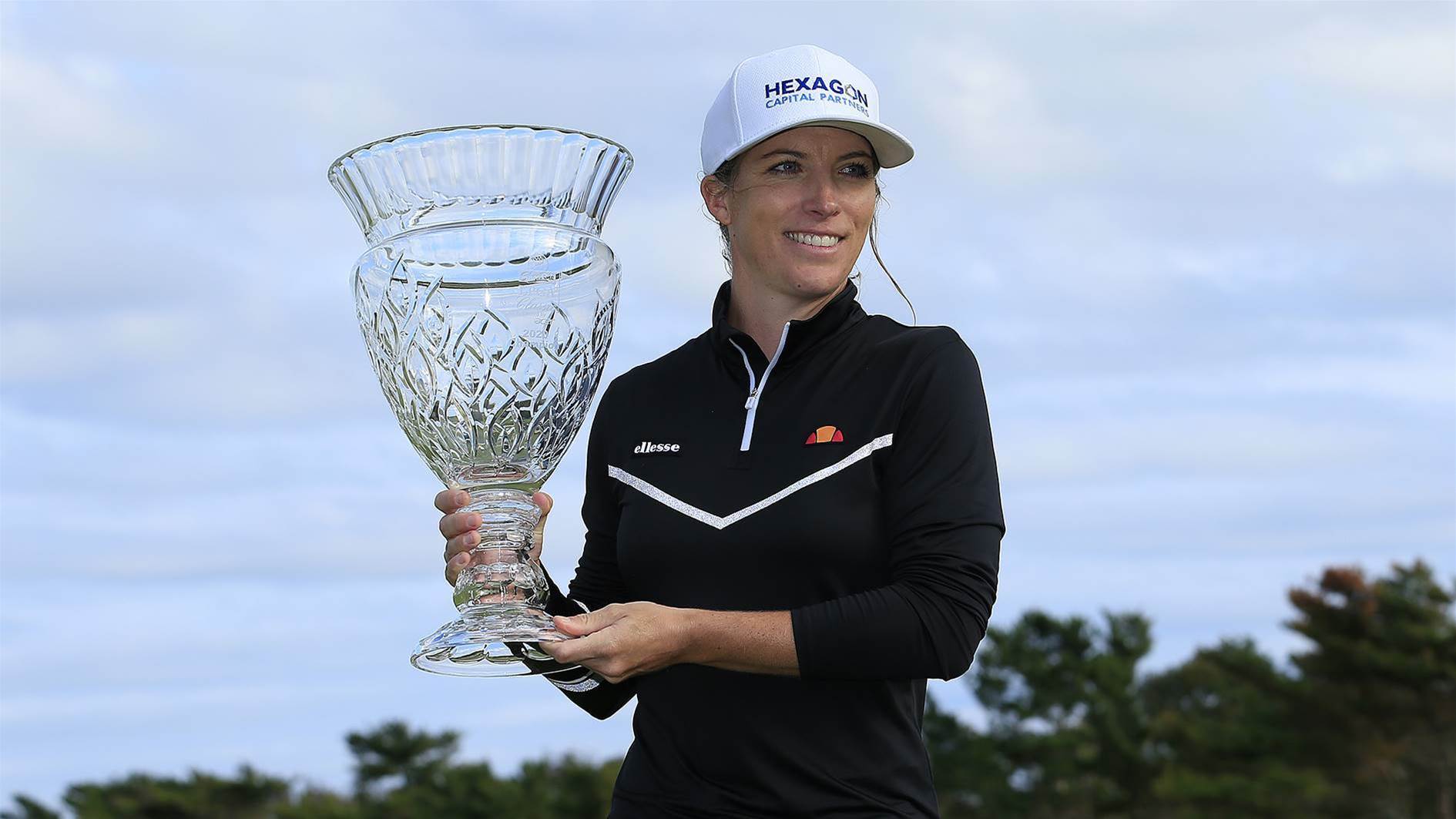There was a common theme to many of the congratulatory tweets for England’s Mel Reid when she claimed her first LPGA victory at the weekend.
“First of many” was the response from fellow pros, analysts and commentators alike for one of the most popular figures in the game.
I’ll happily put my name on the list of well-wishers, who hope Reid goes on to post multiple victories in America.
There is no doubt she has all the tools at her disposal to do it and the added bonus is she is one of the modern game’s best characters.
But the hard truth of golf is that it simply doesn’t work like that. If the game were a popularity contest, Arnold Palmer would have a PGA title and Tom Watson a sixth Claret Jug.
"The game is hard and being good – even unbelievably good – doesn’t make it any easier."
In reality, for all the best wishes and good vibes sent a player’s way, it is they and they alone who must climb into the arena each and every time to try to get the job done and it is a task much more difficult than we in the viewing public often acknowledge.
The media (this writer included) and fans in general have a bad habit of anointing players – particularly early in their careers – as potential stars of the future.
“He/she’ll win multiple majors” is an all too frequent refrain from the commentariat and often flies in the face of mathematical reality: majors are a finite resource and if every player predicted to capture multiple titles is to do so, we’re going to need to add a few Grand Slam events to the calendar.
The game is hard and being good – even unbelievably good – doesn’t make it any easier.

That’s why there is a virtual laundry list of ‘can’t miss kids’ who missed, usually through no fault of their own.
Just ask Aree Song who – as a 13-year-old no less – played in the final group on Sunday of the 2000 Kraft Nabisco (now the ANA Inspiration).
Had anyone suggested at the time that a 13-year-old good enough to play alongside Karrie Webb on Sunday of a major would be winless on the LPGA two decades later, they would rightly have had their judgement questioned. And yet, here we are.
Ty Tryon – the 17-year-old who survived golf’s most gruelling test at the 2001 Q-School only to all but disappear from the game within three years – is another poster child for the phenomenon.
Certainly, no sane analyst would have predicted that a 17-year-old good enough to grind out 108 holes of the most pressure filled golf imaginable would not even be able to make a living on the secondary tour. And yet, here we are.
So back to Mel Reid, one of the best and most popular people in the game and a player of extraordinary ability who is truly a joy to watch.
Let’s celebrate her magnificent victory and appreciate it for the achievement that it is.
And let’s hope – though perhaps not predict – it is just the first of many.
Related Articles

Winner’s Bag: Jeeno Thitikul – CME Group Tour Championship

Aussies falter as Linn Grant wins The Annika

Green falls just short at LPGA's Maybank Championship
Latest News
.jpg&h=115&w=225&c=1&s=1)
Aussie ace continues big week in Doha with top-10 surge

Gotterup goes low, enjoys early Phoenix Open lead

NSW Government moves to secure future of Cammeray Golf Course
Most Read

RANKING: Australia's Top-100 Courses for 2026

RANKING: Australia's Top-100 Public Access Courses for 2025

Lexus Encore elevates the Australian Open experience beyond the fairway






